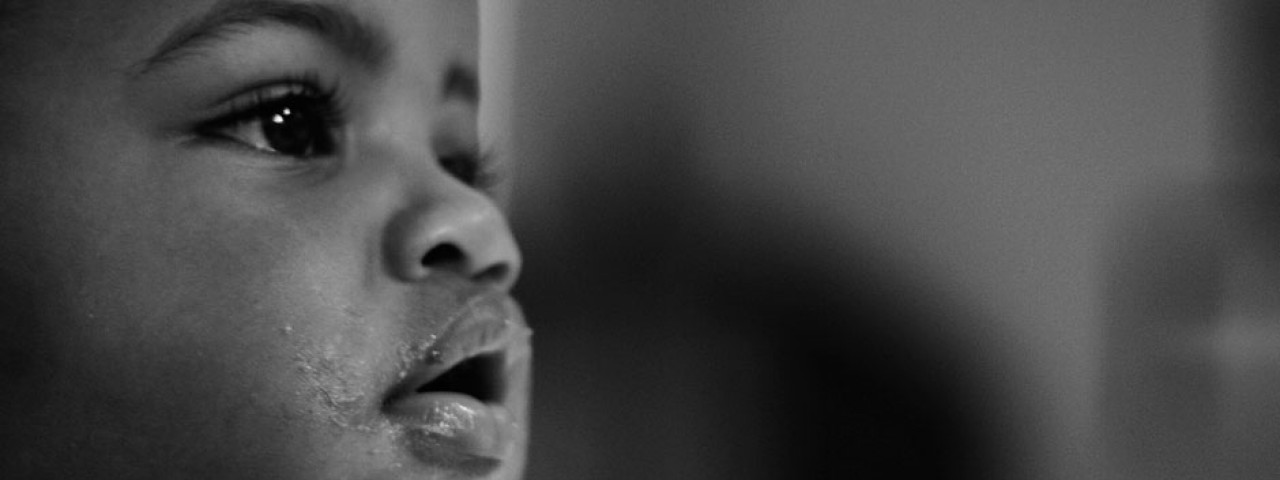Even Brief Periods in Poverty Can Harm Young Children
- Tweet

Too often, children born into poverty spend the majority of their childhoods in poverty. But the recession is also leading to the growth of a second group of families – who fall into poverty for a shorter period of time. A new report released by the Children's Hospital of Philadelphia examines the effects of this second type of poverty on the well being of young children. The study finds that even a brief period spent in poverty can have lasting negative health implications for children.
By looking at the effects of previous economic recessions, the study’s authors identified two ways that short bouts of poverty effect child well-being. First, recoveries are slow to come to the most marginal workers – so that short term recessions can mean that low-income workers will not return to their pre-recession income levels for years. Second, the resilience of children in low-income families depends on their receipt of key public benefits.
The researchers find both good and bad news in their study. On the one hand, more children have health insurance than in the past, and this is good news. Insurance provides a kind of stability, which is a key to supporting child well-being, according to Dr. Kathleen Noonan, an author of the study. "The planning that was done to create a safety net for children for insurance actually created a buffer." But there is also bad news in the story: in that other types of benefits are unlikely to last for as long as they are needed.
Why does poverty matter so much in early childhood? Stress, poverty and chaotic home lives during early childhood are much more likely to lead to lifelong problems. Poor families are much more likely to move frequently, and are much more likely to live with violence – in both their homes and neighborhoods. In turn, children in these families lack access to many of the resources that their more affluent peers take for granted: including adequate and nutritious food, a stable and safe home, early developmental experiences and resources, and time with parents and other adults. The daily lives of poor children are noisier, more crowded, and less safe. The effects of these differences can be measured as early as the first three years of life, when poor children score lower on cognitive measures, and study after study indicates that these differences continue into adulthood.
The Take-Away: The recession has hit Memphis hard, and a growing number of families with young children are facing poverty. More than one in four children in Shelby County live in poverty, and the safety net that supports these children and families is stretched thin. Careful research tells us that the policy decisions we make as a community to support young children today will have far-reaching implications for the health and well-being of our families and community for many years to come.
For more information, see http://www.fcd-us.org/node/935.
References:Katherine Sell, Katherine, Zlotnik, Sarah, Noonan, Kathleen & Rubin, David. (2010). The Effect of Recession on Child Well-Being: A Synthesis of the Evidence by PolicyLab, The Children’s Hospital of Philadelphia. Retrieved from http://www.firstfocus.net/sites/default/files/Recession_ChildWellBeing.pdf
The Urban Child Institute. (2010). The State Of Children In Memphis And Shelby County: Data Book 2010. Retrieved from http://www.theurbanchildinstitute.org/sites/all/files/databooks/TUCI_Data_Book_V_2010.complete.pdf
